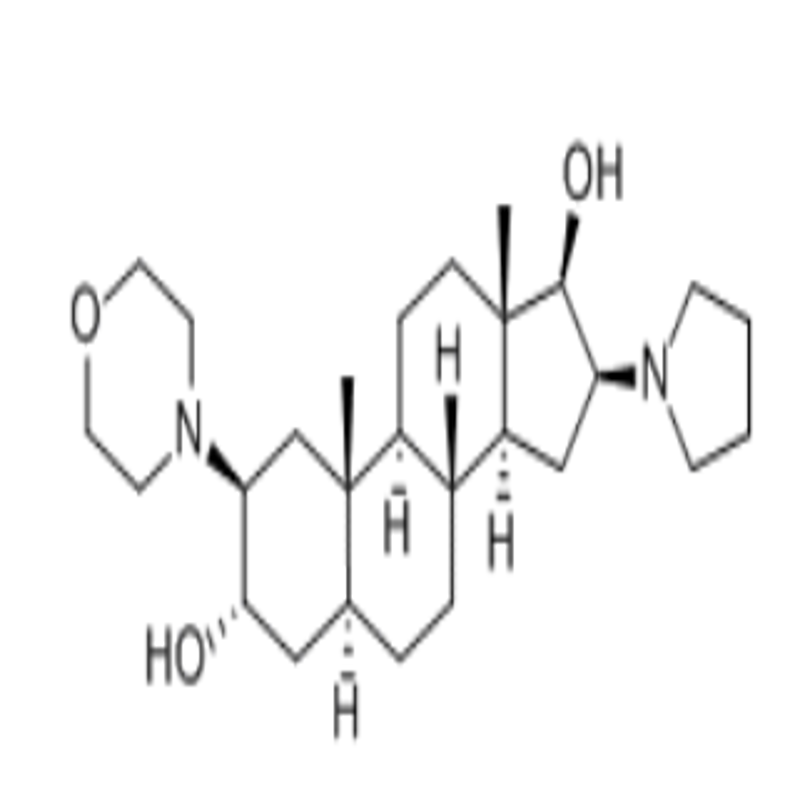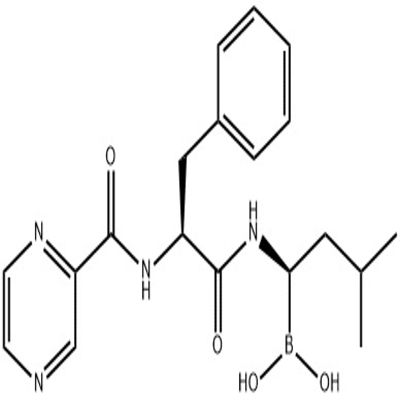Can Dursing's muscular dystrophy drugs be released by accident?
-
Last Update: 2019-12-17
-
Source: Internet
-
Author: User
Search more information of high quality chemicals, good prices and reliable suppliers, visit
www.echemi.com
On December 12, the US FDA approved vyondys 53 (golodirsen, code name srp-4053) of Sarepta therapeutics to treat Duchenne muscular dystrophy Four months ago, the agency rejected the drug for safety reasons, and Sarepta did not tell investors that it had resubmitted its approval application, so the approval decision was surprising and intriguing Vyondys 53 is suitable for very few young boys whose bodies are unable to produce a protein needed for muscle growth and maintenance How effective the drug is and whether the safety risk exceeds its potential benefits have been the focus of debate In clinical trials, patients treated with vyondys 53 produced an average of 1% of the normal amount of this protein, but there is no effective way to treat this disease so far What does Baijian's medicine have to do with all this? After the release of vyondys 53 by the FDA, there was hope that aducanumab might be approved On December 20, 2018, Sarepta submitted to FDA a new drug application of vyondys 53 for Duchenne muscular dystrophy patients who can skip the exon On February 14, 2019, FDA accepted the application, and on August 19, Sarepta received a complete reply from FDA, which was rejected by FDA neurology department The FDA Department of Neurology works under the guidance of an official named Billy Dunn Sarepta appealed for this refusal and transferred it to the new drug Office of the higher level agency The office is led by senior researcher Peter Stein, who previously held senior positions in Johnson & Johnson and Merck and joined the FDA in 2016 Sarepta said Stan accepted his complaint and set out to resolve the rejection of vyondys 53 On December 12, 2019, vyondys 53 was unexpectedly approved by FDA The reversal of vyondys 53's fate has raised some questions on Wall Street about the possibility of FDA applying similar flexibility to aducanumab, the Alzheimer's drug of concern to Baijian The development of aducanumab has been in twists and turns: as early as March 20, 2015, the phase 1b study of the Alzheimer's treatment drug obtained positive interim results On September 8, 2015, the first patient recruited entered the phase III clinical trial On August 31, 2016, August 28, 2017 and October 26, 2018, detailed analysis reports of IB research results, new data and long-term extended research were published successively On March 21, 2019, because an independent data supervision committee put forward the invalidity analysis and thought that the possibility of achieving the expected effect was very low, Baijian and Weicai terminated the phase III energy and emerge test On October 22, 2019, after analyzing more patient data after the termination of clinical trials, Baijian said that it plans to submit the new drug application of aducanumab to FDA in early 2020 Aducanumab's application for approval depends on a phase III study, which claims to have positive results, but there are many questions In the engage study, some patients who received high dose of aducanumab significantly improved their cognition and function (such as memory, sense of direction and language effort), and benefited from daily life activities If approved, aducanumab will be the first therapy to reduce the pathological changes and cognitive impairment of Alzheimer's disease, and also the first therapy to prove that the removal of amyloid β can bring better clinical results In view of different opinions on the statistical methods used to analyze data, and in another experiment with the same design idea, it was found that the efficacy of the drug was worse than that of placebo, and some researchers believed that the reliability of the study could not be determined Can aducanumab hitchhike Michael Yee and Andrew Tsai, analysts of Jefferies, a famous investment bank on Wall Street, wrote in a note to Baijian investors that although the FDA's Neurology Department's style is considered "historically tough and harsh by Dr Billy Dunn", once the decision-making power is transferred to the new drug office, the FDA is clearly willing to approve "For a similar situation, is it possible that aducanumab, a Baijian Alzheimer's drug, could be treated the same way?" analysts said But some analysts seem to disagree with the logic Brian skorney of Baird investment bank understands how vyondys 53 benefits from another drug approved in 2016, exondys 51 (eteplirsen) Exondys 51 itself is controversial because it has little effect on muscle protein development "Eteplirsen has set a precedent for the number of Becker like dystrophins and is believed to be a reasonable predictor of clinical benefits," schoney said "There is no such precedent for aducanumab review, so it will be a 'precedent' if it is submitted again."
This article is an English version of an article which is originally in the Chinese language on echemi.com and is provided for information purposes only.
This website makes no representation or warranty of any kind, either expressed or implied, as to the accuracy, completeness ownership or reliability of
the article or any translations thereof. If you have any concerns or complaints relating to the article, please send an email, providing a detailed
description of the concern or complaint, to
service@echemi.com. A staff member will contact you within 5 working days. Once verified, infringing content
will be removed immediately.







